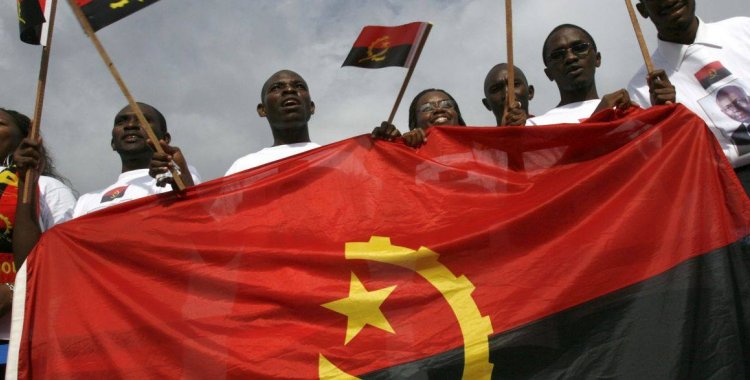The law approved by the Council of State, a body created with the fall of Marcello Caetano's regime on 25 April 1974, went down in history as Law 7/74 and was promulgated by the then President of the Portuguese Republic, António de Spínola.
With only three articles, the law, dated 27 July 1974, considered, in the first, that "the solution to wars overseas is political and not military" and that, taking into account the Programme of the Armed Forces Movement, "implies, in accordance with the Charter of the United Nations, recognition by Portugal of the right of peoples to self-determination".
Article 2 stipulates that recognition of the right to self-determination, "with all its consequences", provides for the acceptance of the independence of "overseas territories".
This formal step culminated the process of anti-colonial resistance undertaken by nationalist organisations from the then Portuguese colonies, which created the Anti-Colonialist Movement (MAC) in Paris on 1 December 1957.
Among the nationalist leaders involved in the creation of the MAC, all students in Europe, were activists linked mainly to the Casa dos Estudantes do Império and also to the youth structure of the Movimento de Unidade Democrática (MUD Juvenil), the PCP and the Clube Marítimo Africano.
The group of founders included activists based in Paris, such as the Angolan Mário Pinto de Andrade, the Mozambican Marcelino dos Santos and the Goan Aquino de Bragança, and in Germany, such as the Angolan Viriato da Cruz and the Angolans Agostinho Neto, Edmundo Rocha, Lúcio Lara and Iko Carreira and the Guinean Amílcar Cabral.
With little activity in Portugal, the MAC gave way in January 1960, at the Second Conference of African Peoples, held in Tunis, to the African Revolutionary Front for the National Independence of the Portuguese Colonies (FRAIN).
The nationalists of the FRAIN began to represent their parties, with Amílcar Cabral representing the African Independence Party (PAI), which became, in October of that year, PAIGC (African Party for the Independence of Guinea and Cape Verde), adding the then colonies of Guinea and Cape Verde to its name, while Viriato da Cruz and Lúcio Lara were the representatives of the Popular Movement for the Liberation of Angola (MPLA).
The FRAIN was succeeded, on 18 April 1961, by the most representative of the organisations that brought together the Portuguese anti-colonial resistance: the Conference of Nationalist Organisations of the Portuguese Colonies (CONCP).
The CONCP was created at a joint meeting in Casablanca by representatives of the PAIGC, the MPLA, the National Democratic Union of Mozambique (UDENAMO) - which was the precursor of the Mozambique Liberation Front (FRELIMO) - and the São Tomé and Príncipe Liberation Movement (MLSTP), which after independence in 1975 would add the Social Democratic Party to its name.
A delegation from the Goa People's Party, led by Aquino de Bragança, was present at the formation of the CONCP.
The Mozambican Marcelino dos Santos was chosen as the first secretary-general and Mário Pinto de Andrade as the first president.
The history of the colonial regime came to an end with the beginning of the armed struggle launched in the 1960s by nationalist movements in Guinea-Bissau, Angola and Mozambique, with the overthrow of the Marcello Caetano regime on 25 April 1974, making the independence process irreversible, for which Law 7/74 provided the legal and political framework.
The independence of Guinea-Bissau, unilaterally proclaimed on 24 September 1973, was recognised by Portugal on 10 September 1974.
Angola gained independence on 11 November 1974, followed by Mozambique on 25 June 1975, Cape Verde on 5 July 1975, and São Tomé and Príncipe on 12 July 1975.







